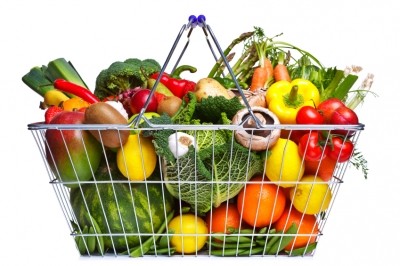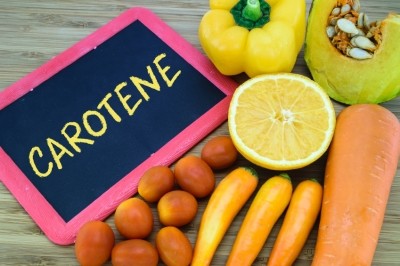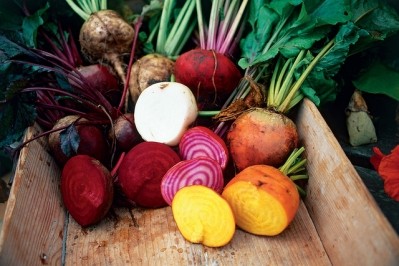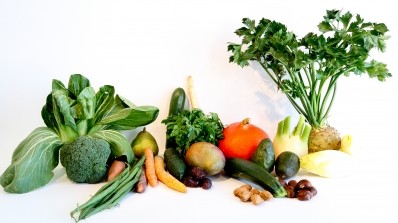Majority of adults need to double fruit and vegetable intake
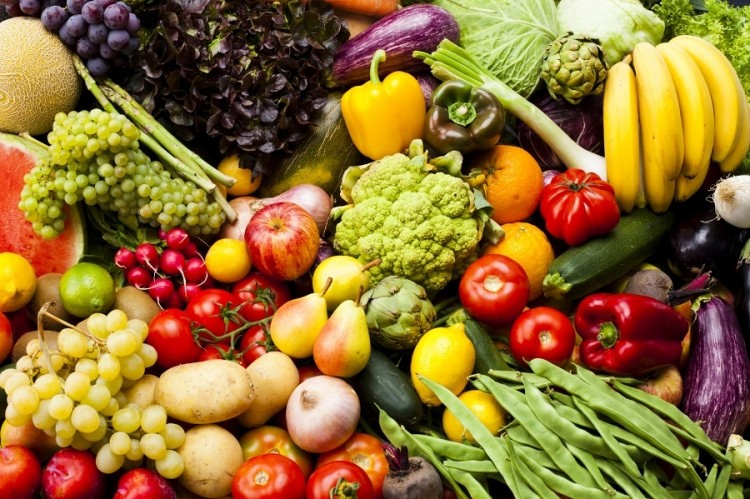
The new data, commissioned by the Nutrilite Health Institute of Amway and published in the the British Journal of Nutrition, estimates global phytonutrient intakes using data on worldwide fruit and vegetable intake and nutrient composition databases. The research finds that the vast majority of adults worldwide – 60% to 87% across 13 geographic diet regions – are falling short of World Health Organization (WHO) minimum recommendation of five servings (400 grams) per day, and need to at least double intakes or risk missing out on crucial nutrition and health benefits.
Such a large gap between the recommended amount of fruits and vegetables and what adults are actually eating also indicates that most adults worldwide are not receiving the quantity or variety of phytonutrients – organic compounds found in fruits and vegetables – potentially needed to support their health and wellness, said the research team behind the study.
"Insights from the research highlight a global need for increased awareness of the relationship between fruit and vegetable consumption, and phytonutrient intakes," said study co-author Keith Randolph, Ph.D., of the Nutrilite Health Institute.
The research team added that while specific recommendations for phytonutrient consumption levels have not yet been established uniformly worldwide, a growing body of research suggests that eating foods rich in such phytonutrients could help to provide a range of health benefits, from promoting eye, bone and heart health, to supporting immune and brain function.
"The findings from this assessment provide important information regarding the major dietary patterns of phytonutrient intakes across the geographic diet clusters and can be used to direct further research to support the development of guidelines for intakes of phytonutrients," they said.
Study details
By combining fruit and vegetable servings intake data at the individual level using data from the World Health Survey (WHS), and combining this with data on availability of specific fruits and vegetables in each geographic diet cluster using data from the WHO and FAO, the team were able to estimate the intakes of specific categories of fruits and vegetables by level of fruit and vegetable consumption.
"These estimates of fruit and vegetable intakes were, in turn, combined with a large and systematically compiled database of phytonutrient concentration data to develop the estimates of phytonutrient intakes from fruit and vegetable sources for all adults by level of fruit and vegetable consumption," said the team.
"The estimates developed using this novel approach are clearly approximate rather than precise estimates of phytonutrient intakes. Nonetheless, given that the WHS and WHO/FAO data were collected in all countries using standardised methods and phytonutrient concentrations were assigned using a single database of values, the approximate phytonutrient intakes generated in the present study can be used to study the major patterns of phytonutrient intakes across geographical regions worldwide," they added.
The team reported that between 60% and 87% of adults across all 13 geographic diet regions assessed fell short of consuming five portions of fruit and vegetables per day. Further analysis estimated that adults consuming five or more daily servings of fruits and vegetables had two to six times the average intake of phytonutrients of adults consuming fewer than five servings per day.
Additionally, the research looks at the variety and availability of fruits and vegetables in each of the regions. It shows that phytonutrient intake estimates vary considerably across some regions, a reflection of limited availability of some fruits and vegetables. Key findings include:
- All Regions: Fruiting vegetables (such as tomatoes and corn) and tropical and subtropical fruits (like plantains and bananas) are among the most commonly available vegetables and fruits across most regions. Given this, adults worldwide consuming fruits and vegetables will likely receive some level of lycopene, which supports heart health, as well as alpha-carotene, beta-carotene and lutein/zeaxanthin.
- European Regions: When compared to other regions, adults in European regions, in particular Northern Europe, likely have high intakes of alpha-carotene and beta-carotene, attributable in part to the relative high availability of carrots. These phytonutrients are suggested to support healthy growth and development.
- Asian Regions: Adults in Asia likely have relatively low intakes of ellagic acid due to the limited availability of berries. Ellagic acid is suggested to be vital to cell health.
- South/Central America: Adults in South/Central America likely have relatively low intakes of lutein and zeaxanthin – phytonutrients thought to be crucial to healthy vision – relative to adults in Asia or Northern Europe.
Source: British Journal of Nutrition
Published online ahead of print, doi: 10.1017/S0007114514001937
"Global assessment of select phytonutrient intakes by level of fruit and vegetable consumption"
Authors: Mary M. Murphy, Leila M. Barraj, Judith H. Spungen, Dena R. Herman, R. Keith Randolph
